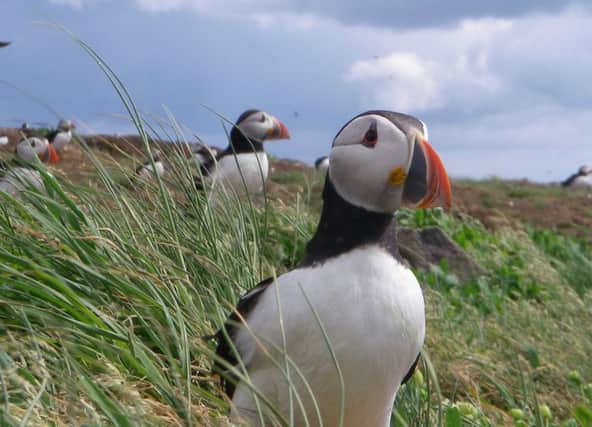Susan Davies: Protecting the environment must go on


The EU has also increased the level of scrutiny of decisions taken at a national level – the risk of judicial review, infraction proceedings and substantial fines has, on occasion, been used to hold the government of the day to account. The EU has ensured that national governments “do the right thing” rather than simply taking the most expedient (short-term, politically motivated) decisions.
The EU has been committed to the protection of nature since the Birds Directive came into force in 1979, setting a clear framework for the conservation and management of wild birds. This was then followed by the EC Habitats Directive in 1992. Collectively known as the “Nature” directives these have been the backstop for site protection, conservation and management activity for almost 40 years.
Advertisement
Hide AdAdvertisement
Hide AdThe protection for the environment afforded by the these was strengthened with the addition during the 2000s of the Water Framework, Marine Strategy Framework and Environmental Liability Directives. Together these have brought tangible improvements to water quality and the health of our seas, as well as ensuring those responsible for environmental damage are held legally and financially responsible for this. Whatever happens next, it is imperative that the societal benefits that have come from EU environmental legislation and regulations are strengthened and not diluted.
Credit where credit is due. The value of our natural environment is already recognised by the Scottish Government through Scotland’s Economic Strategy (2015). This makes commitments to invest in our natural assets. Scotland was also the first country in the world to produce an indicator, known as the Natural Capital Index, to monitor the health of our natural assets.
The challenge of course is to ensure that the good policy intent is followed through in practice. This is one of the reasons why the Scottish Wildlife Trust (SWT), in its new policies on Living Landscapes – the Scottish Uplands and Sustainable Agriculture, is calling on the government to ensure that public subsidies are used to reward land managers for good stewardship.
Through the SWT’s Living Landscape partnerships we have a proven model for working with communities to ensure we have a healthy and resilient environment that delivers a wide range of benefits including food and wood supplies, water quality, natural flood management, and recreation and tourism opportunities.
At a more fundamental level, outside the debate that surrounds the EU just now, it is common sense that we need to co-operate at an international scale to tackle the environmental challenges of today. Nature and the environment don’t respect boundaries, so we need to collaborate at many different levels to ensure it is protected and restored for the future. Nature has a “voice” through the expertise within the nature conservation charities and their membership. We are committed to working to ensure that good laws and regulations exist that put our environment at the heart of public-policy and financial investment into the future.
Susan Davies is Director of Conservation, Scottish Wildlife Trust